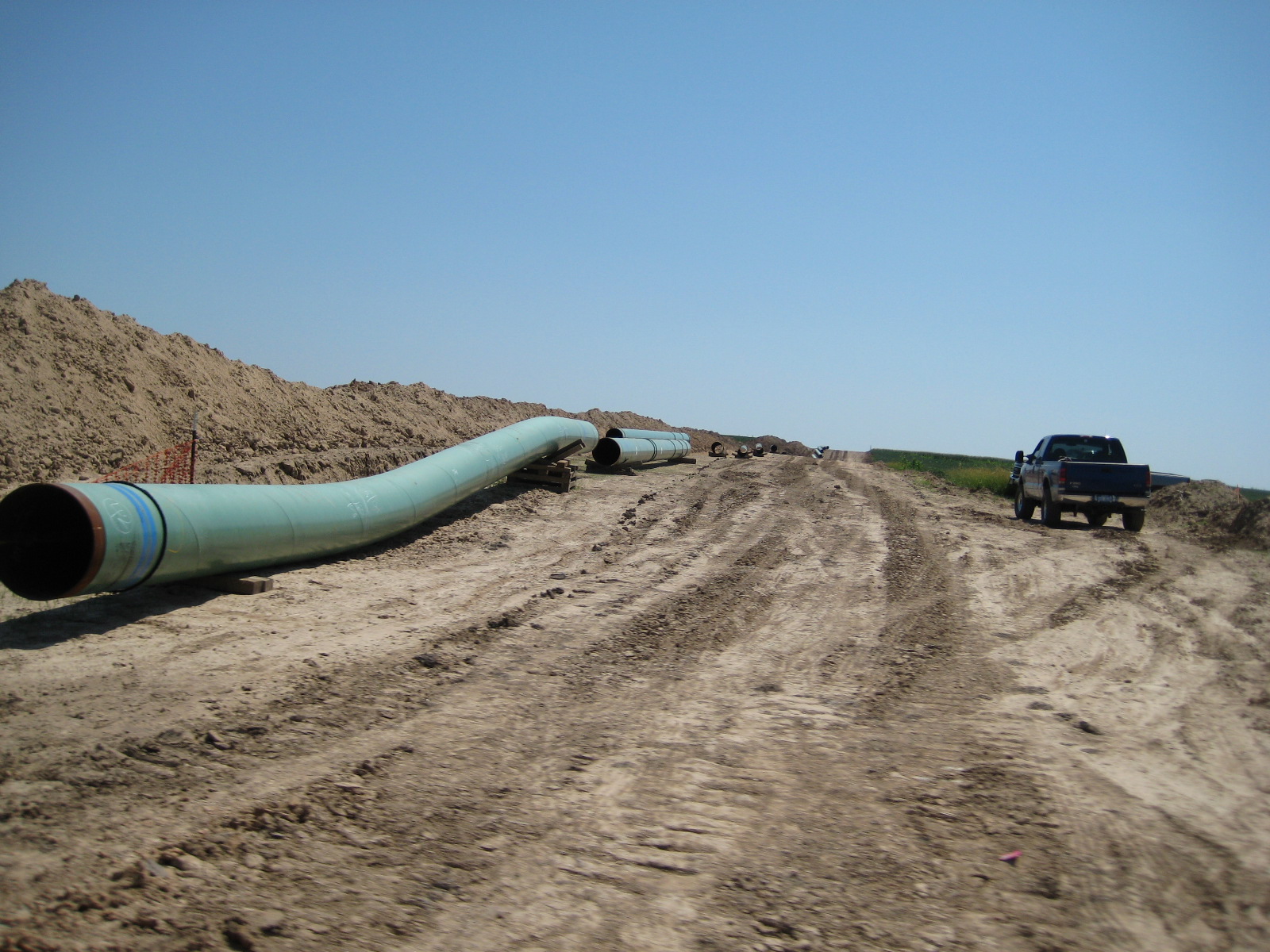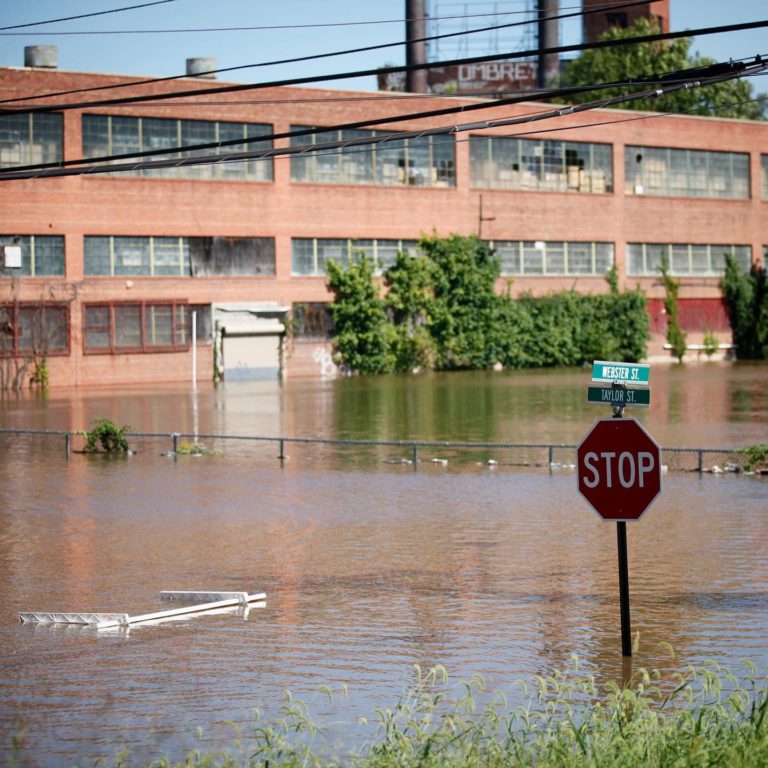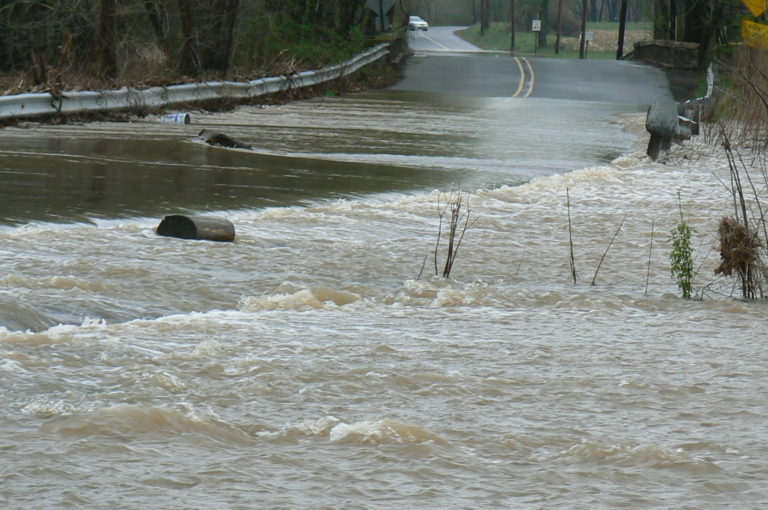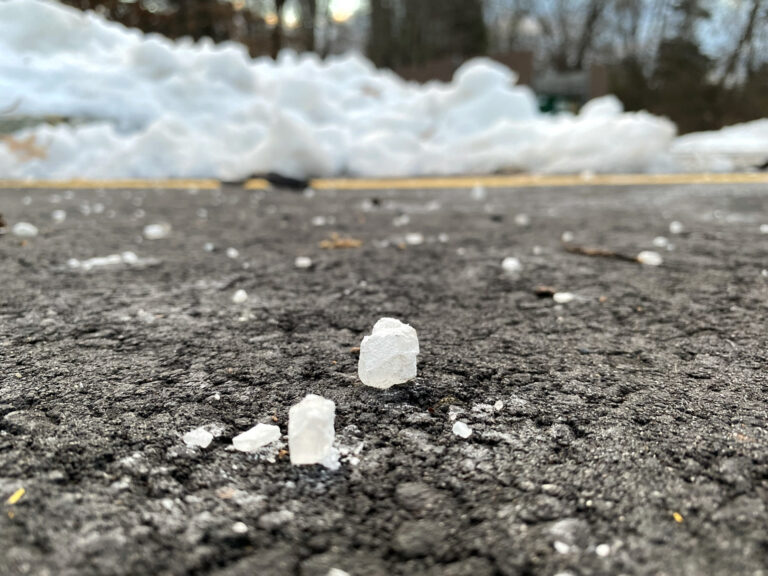This has been an extraordinary week in the battle between advocates of clean energy and proponents of new fossil fuel pipelines.
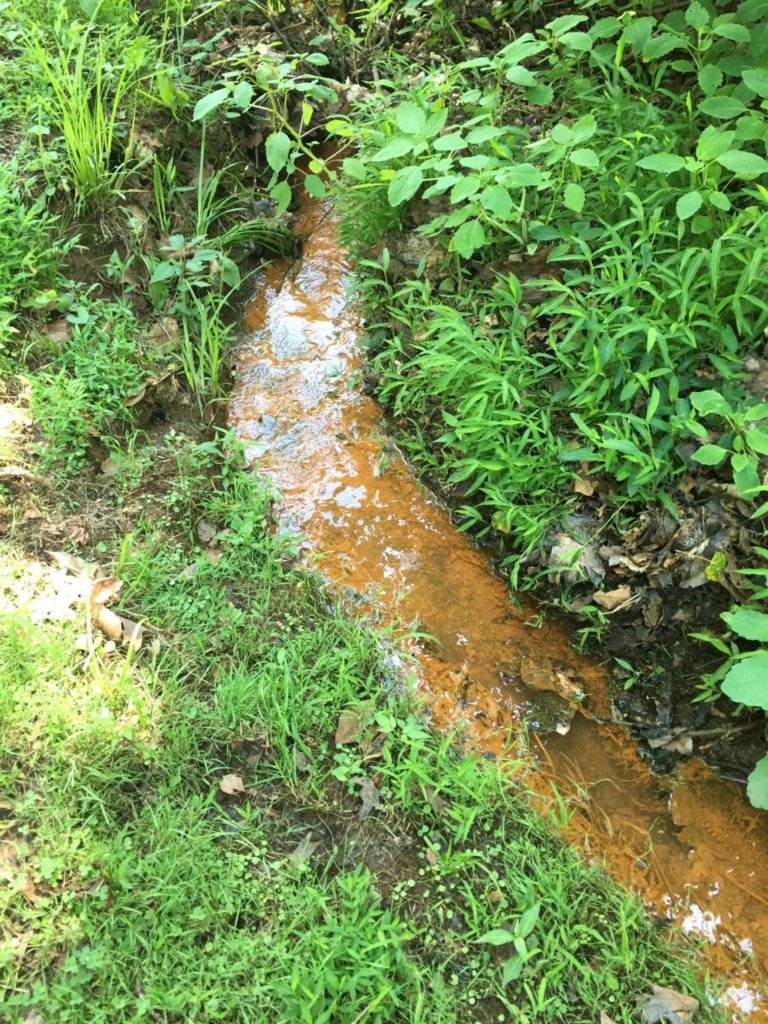 Yesterday, the NJ Department of Environmental Protection suspended its approval of New Jersey Natural Gas’ Southern Reliability Link after an accident leaked sludge into a nearby stream and damaged a house in Upper Freehold Township. The house was deemed uninhabitable because of structural damage caused by horizontal directional drilling, a technology used for burying pipelines under streams that had been thought by many to be relatively innocuous but has been beset by numerous accidents over the last few years that have damaged waterways and homes.
Yesterday, the NJ Department of Environmental Protection suspended its approval of New Jersey Natural Gas’ Southern Reliability Link after an accident leaked sludge into a nearby stream and damaged a house in Upper Freehold Township. The house was deemed uninhabitable because of structural damage caused by horizontal directional drilling, a technology used for burying pipelines under streams that had been thought by many to be relatively innocuous but has been beset by numerous accidents over the last few years that have damaged waterways and homes.
Monday signified two victories for opponents of controversial oil pipelines. A federal judge ordered the shutdown of the Dakota Access Pipeline, which cuts a swath through indigenous lands from North Dakota to Illinois and sparked protests along the route, pending an environmental review.
Additionally, the U.S. Supreme Court rejected the Trump Administration’s request to allow the construction of the Keystone XL oil pipeline that had been blocked by a federal judge in Montana, citing a failure to consult with environmental agencies in violation of the Endangered Species Act.
 The previous day, southern giants Dominion Energy and Duke Energy announced that they were abandoning the $8 billion Atlantic Coast Pipeline, proposed to carry natural gas from West Virginia to Virginia and North Carolina, due to ferocious opposition by a broad coalition of organizations.
The previous day, southern giants Dominion Energy and Duke Energy announced that they were abandoning the $8 billion Atlantic Coast Pipeline, proposed to carry natural gas from West Virginia to Virginia and North Carolina, due to ferocious opposition by a broad coalition of organizations.
In May, New Jersey and New York environmental agencies both rejected permit applications for the proposed Northeast Supply Enhancement (NESE) natural gas project and the PennEast Pipeline remains in limbo. Last month the Supreme Court decided to postpone a decision on whether or not to review a key lower court ruling blocking the latter project from carving through lands over which the state of New Jersey holds an ownership interest.
The string of setbacks and recent steep price declines for oil and gas that make the industry less profitable have prompted the New Year Times to ask “Is this the end of new pipelines?”
“As the planet continues to heat up and consensus grows on the need for bold action to combat climate change, we hope that proposed oil and gas pipelines continue to fall like dominoes,” said Jim Waltman, The Watershed Institute’s executive director. “We need to transition more rapidly to carbon-free energy and new pipelines will only delay that conversion.”

